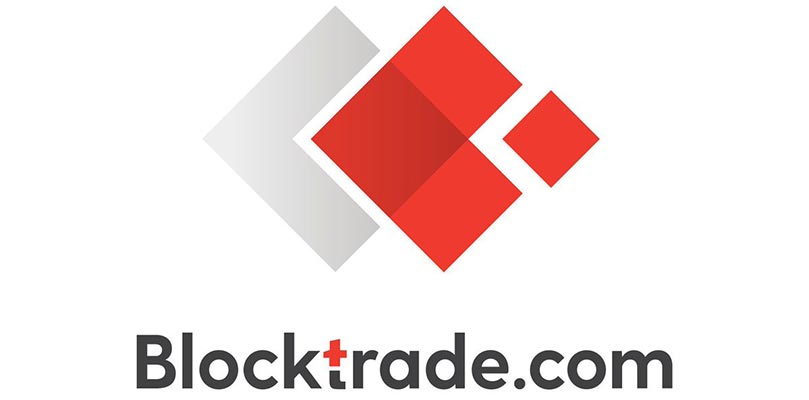Over the past couple of years, some of the most mind-blowing innovations have been those that are related to crypto and blockchain technology, both of which are still are making waves in a number of different sectors. One of the latest and most polished developments is the launch of WHIRL, a socially driven crowdfunding platform that operates on the blockchain. Created by an all-star team of accomplished crowdfunding veterans, blockchain gurus, and non-profit experts, the platform will give the world a new way of financing dreams and obligations, while simultaneously introducing a truly revolutionary incentive system that is designed to encourage giving. It is also expected to significantly maximize campaign success.
WHIRL, which is currently powered by a team of 20, launches following years of research and after one and half years of development – this involved, among other things, legal vetting of the platform as the global market’s very first credible blockchain-powered consumer crowdfunding platform.
How It Works
According to the WHIRL team, the platform can be used to finance almost anything, albeit within reason. These may range from personal goals to medical bills, business ventures, and even scientific endeavors. In essence, WHIRL gives individuals, groups or organizations the ability to fund any relevant venture by simply being charitable as opposed to having them take out loans or begging for handouts.
As mentioned earlier, WHIRL is backed by the blockchain which means that it is open to everyone on the planet. The platform also guarantees an exceptional 100 percent success rate to all of the projects that are listed under its campaign – this is to be achieved using a fair and transparent queue system which limits the number that each campaign has listed at any given time. Only those that have a history of contribution on the platform are allowed to create fundraising projects.
WHIRL’s blockchain is powered by WRL tokens that are further supported by the concept of Karma, a reward system that supports the giving economy within the platform. Karma points are issued to contributors with every dollar spent on another person’s campaign earning the contributor between 7 and 20 Karma points. Moreover, in order to launch one’s own crowdfunding campaign, a threshold number of Karma points as to be attained with the size and duration of any given campaign being determined by the number of Karma points accumulated.
Reshaping Crowdfunding
Over the last decade or so, crowdfunding has stagnated significantly primarily due to fraud, oversaturation as well as very frustrating declining success rates. Keeping this in mind, WHIRL aims to solve all of these problems by simply having a limited number of campaigns running at any given time and incentivizing backers with its fair and a transparent Karma points system. This is essentially a classic embodiment of the saying “What goes around comes back around.”









